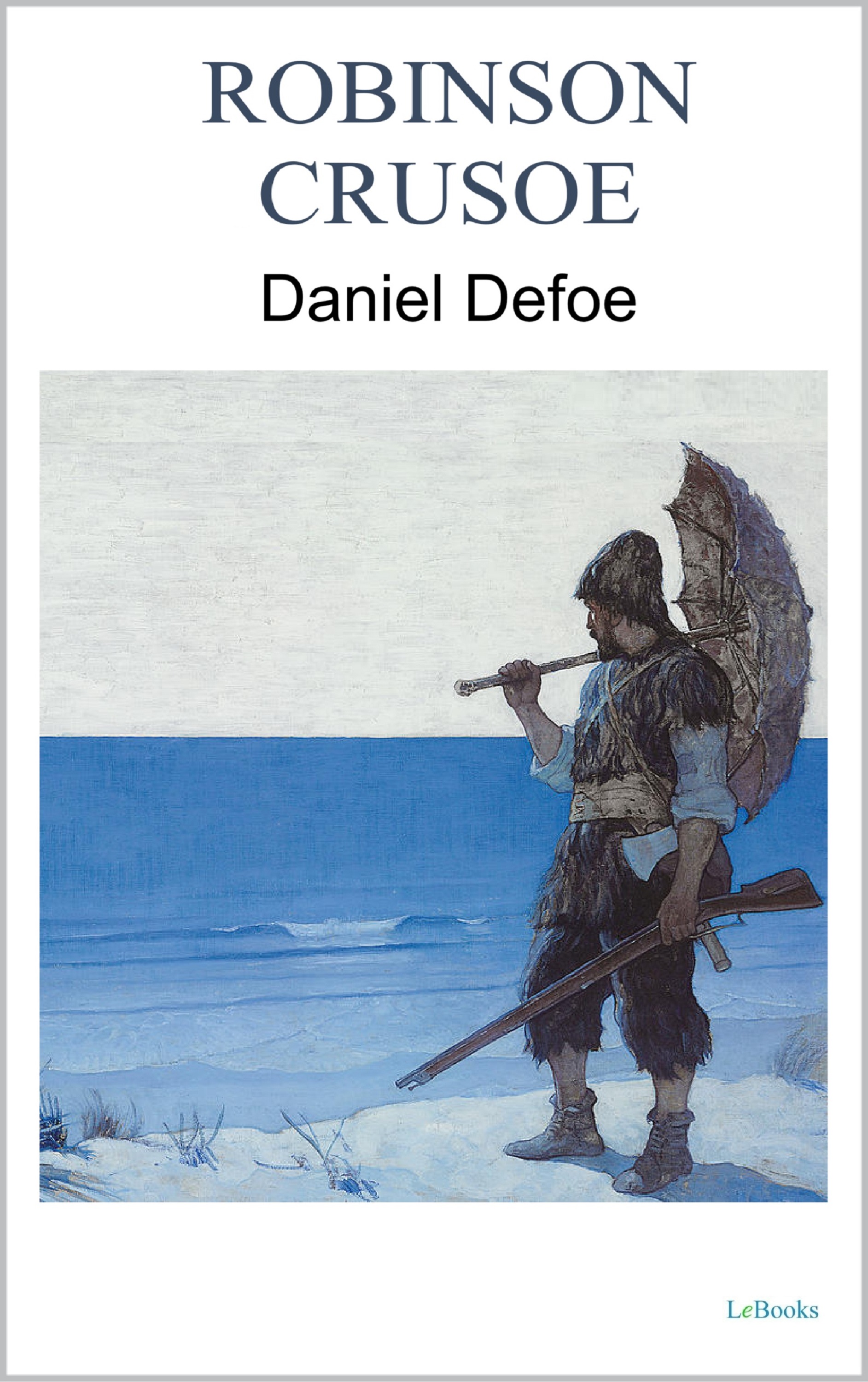
Robinson Crusoe, by Daniel Defoe, is an adventure novel that explores survival, solitude, and human resilience. The story follows Crusoe, an English sailor who, after a shipwreck, is stranded on a deserted island. Over the years, he faces multiple challenges, from finding food and shelter to encountering cannibals and meeting his loyal companion, Friday. Through ingenuity and determination, Crusoe transforms the island into his home, reflecting the colonial mindset and self-sufficiency spirit of the time.
Since its publication in 1719, Robinson Crusoe has been considered one of the first modern novels and a cornerstone of adventure literature. Its detailed realism and exploration of man's struggle against nature have inspired countless adaptations and reinterpretations. Beyond its survival narrative, the novel addresses themes of faith, civilization, and dominion over the environment, making it a profoundly symbolic work.
Its relevance endures in its ability to depict the human desire for exploration and control over adversity. Robinson Crusoe remains a fascinating story of resilience, adaptation, and the search for meaning in solitude, standing as a timeless classic of world literature.